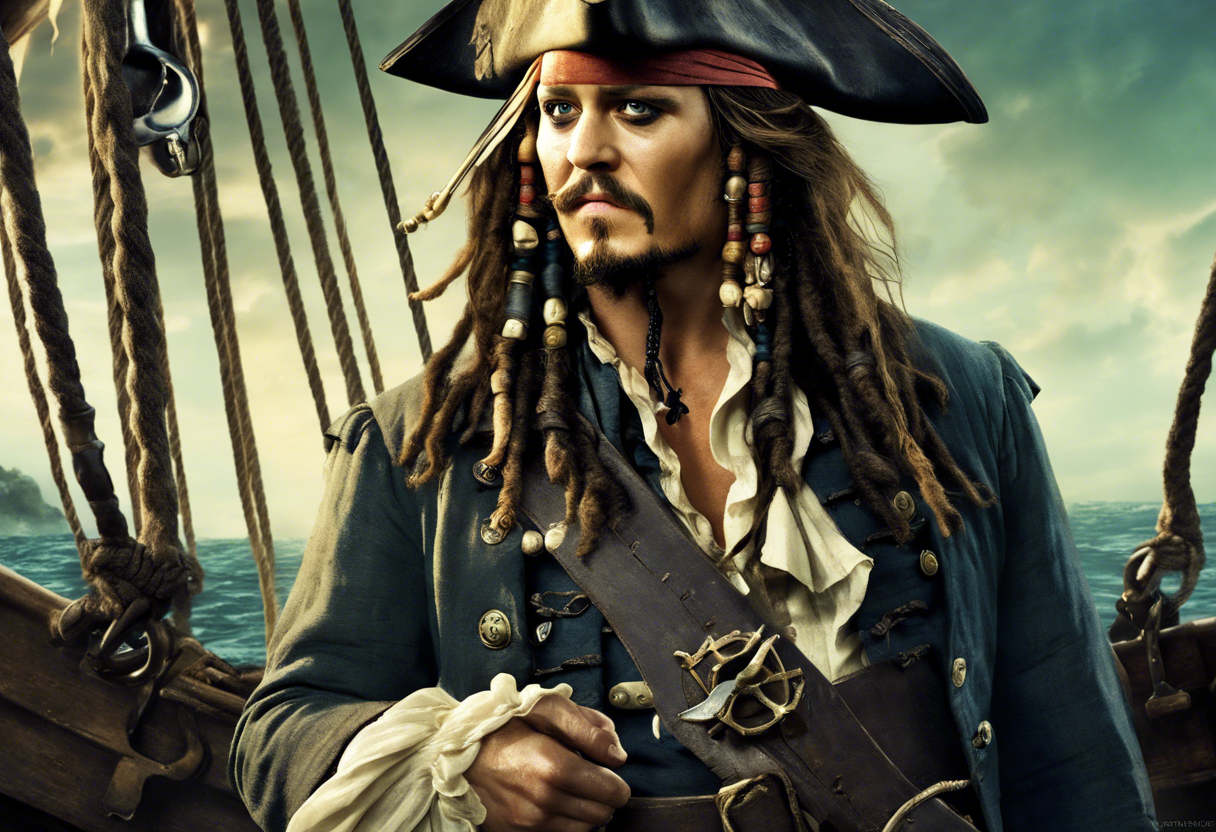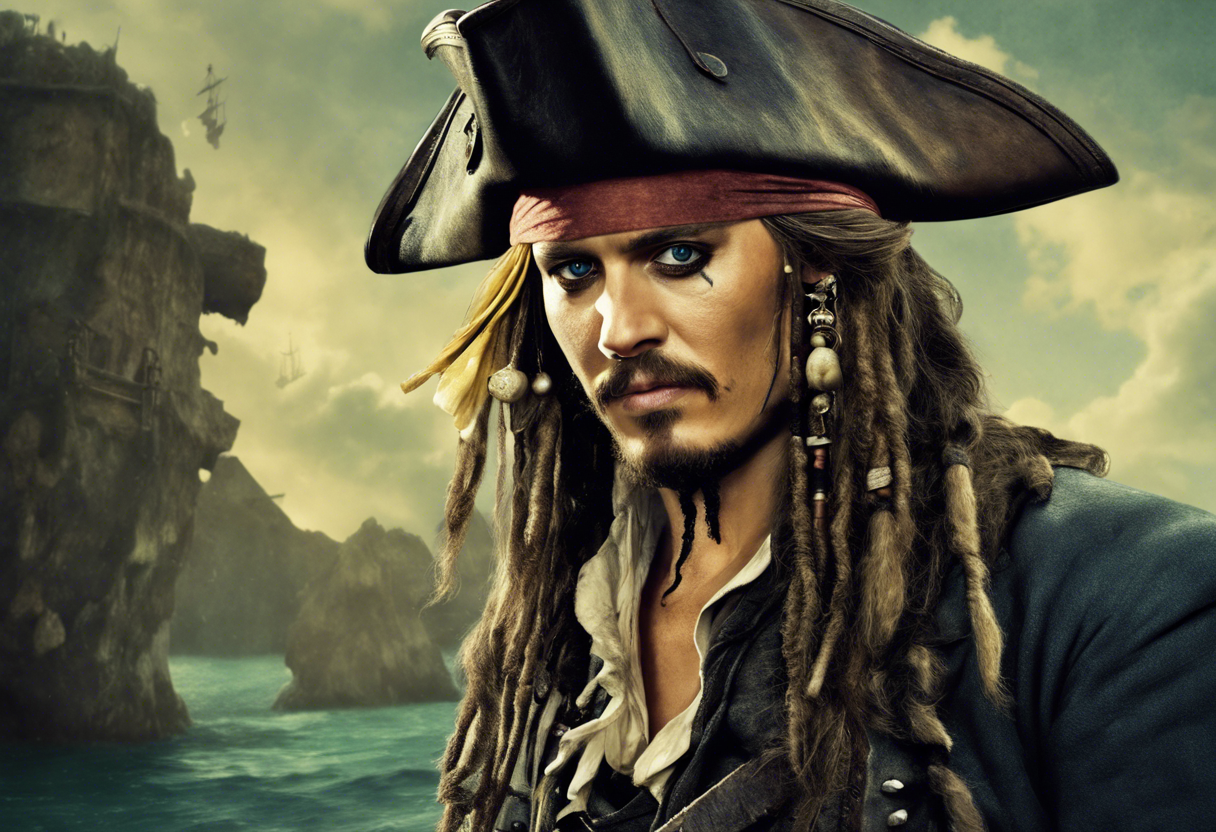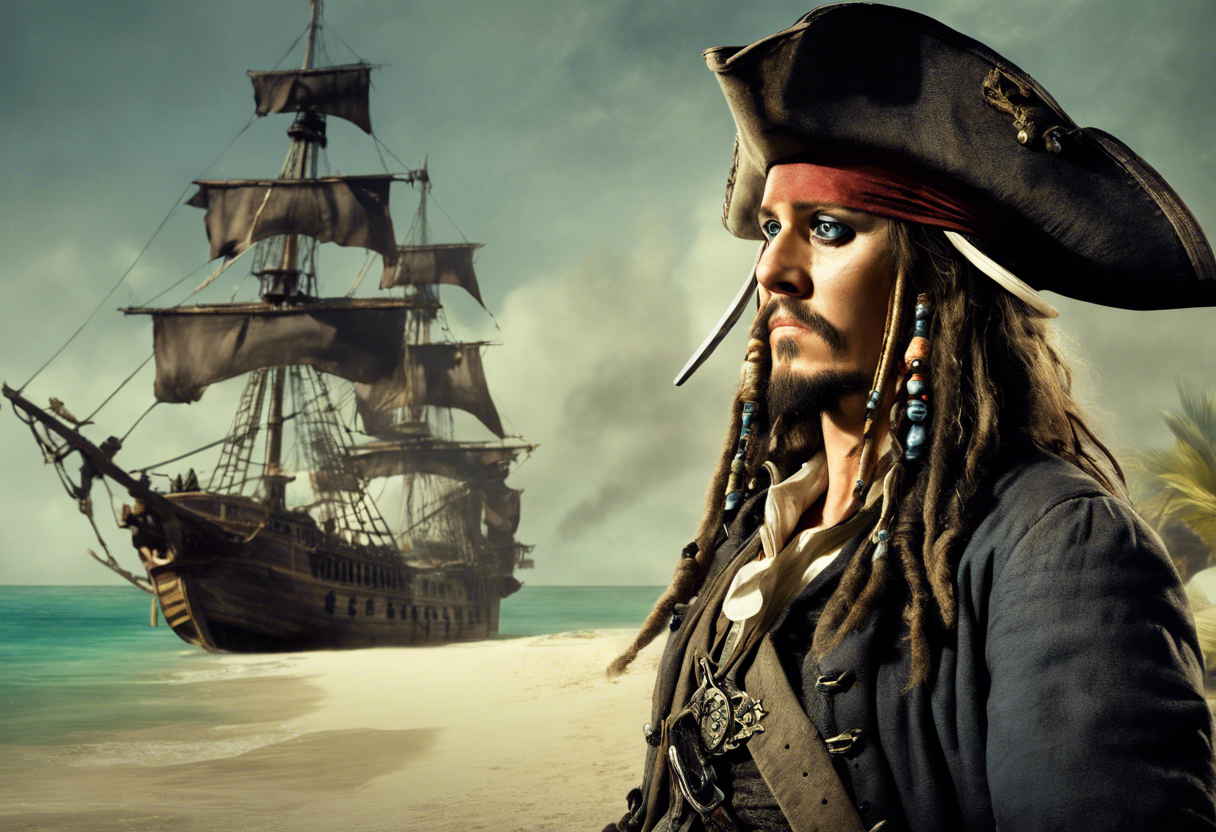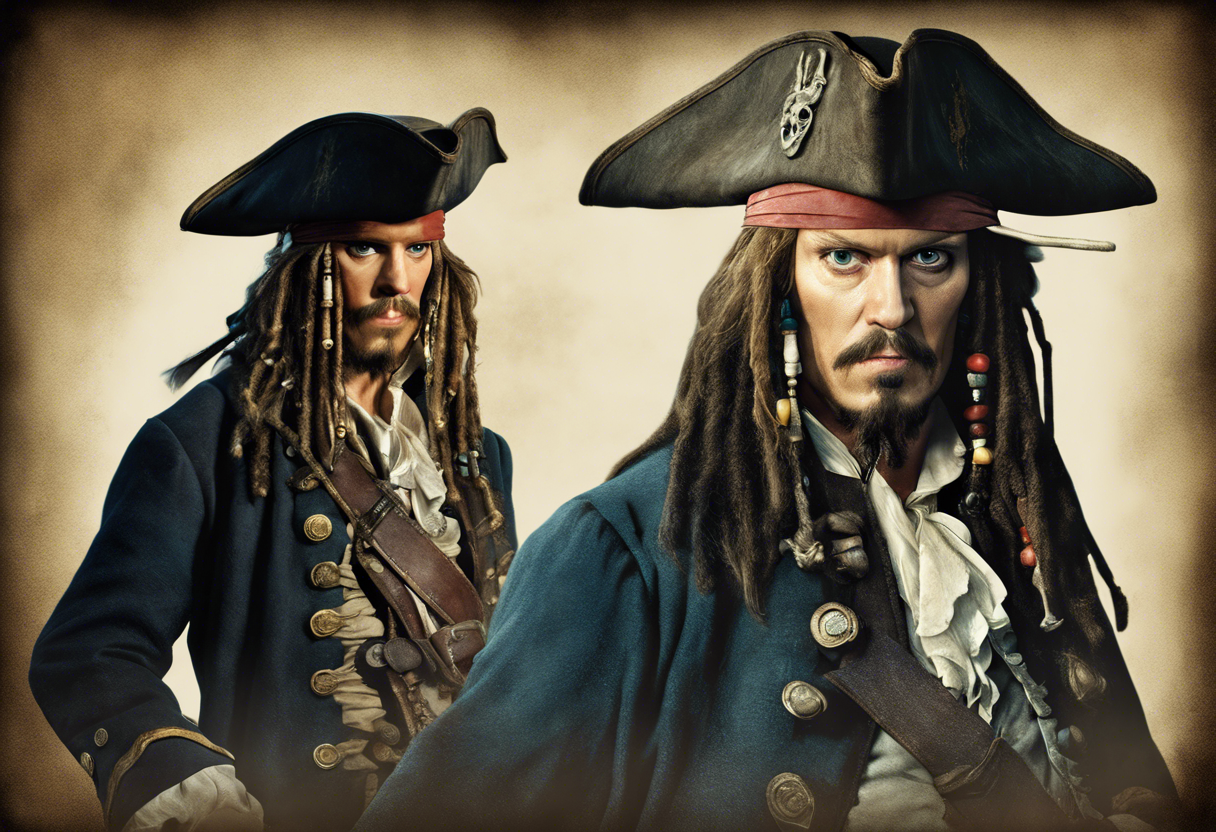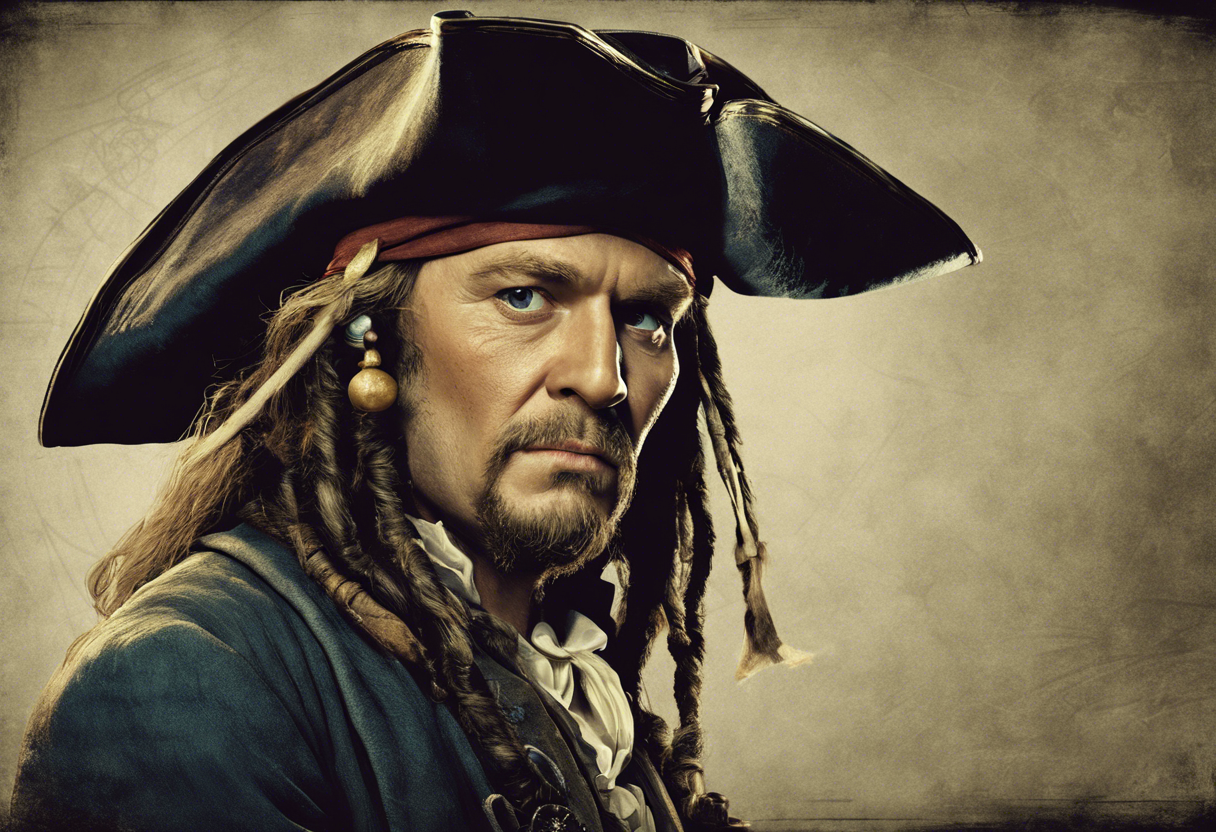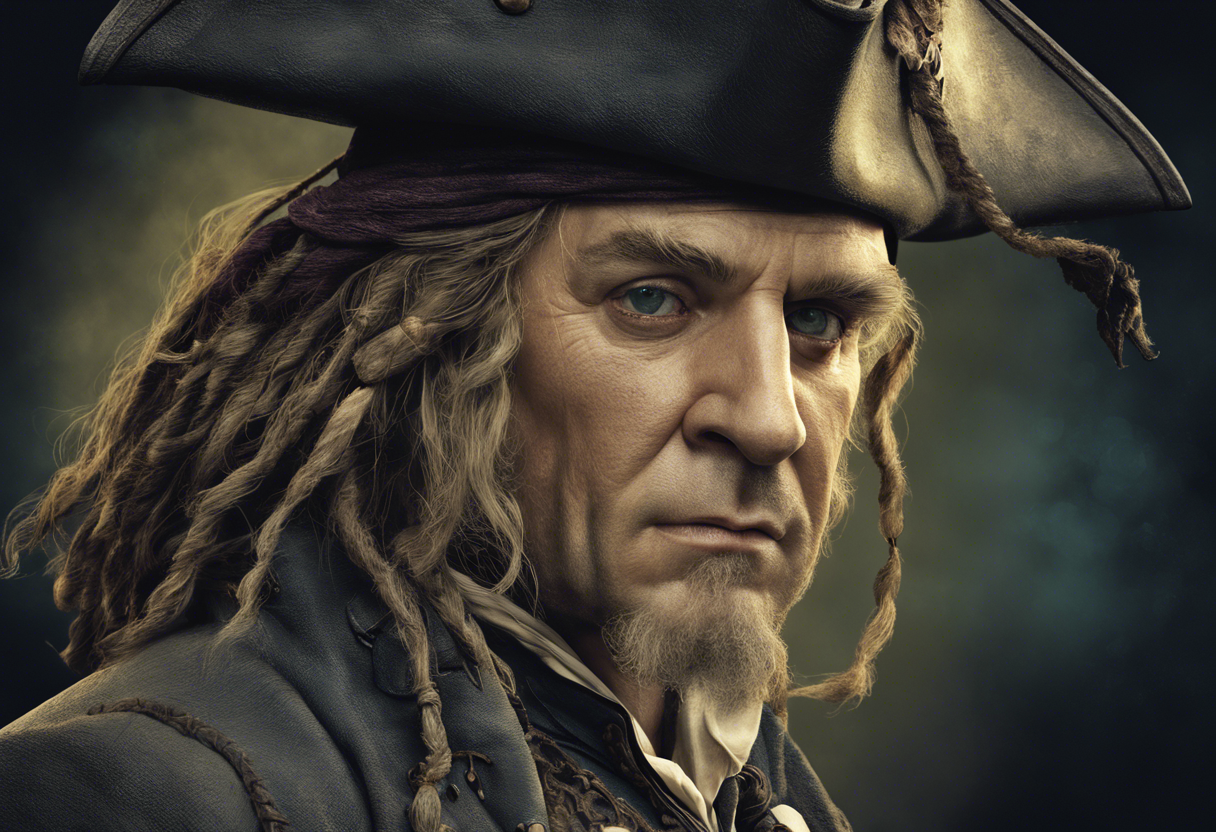Contents
Cutler Beckett: The Ruthless Architect of the Pirates of the Caribbean
Introduction
Lord Cutler Beckett, portrayed by Tom Hollander, is a pivotal and complex character in the Pirates of the Caribbean franchise, specifically in the films Dead Man’s Chest and At World’s End. Created by the screenwriters of the franchise, Beckett’s character is deeply rooted in the historical context of colonial expansion and the East India Trading Company’s (EITC) dominance during the Golden Age of Piracy.
Beckett’s backstory, though not extensively explored in the films, is rich with details that shape his persona. Born into a privileged family, Beckett was the youngest of four children to Jonathan Beckett Sr., the director of the Beckett Trading Company, one of the most successful merchant organizations in England. Despite his family’s disdain for him, Beckett’s early fascination with literature, history, and geography laid the groundwork for his future as a cunning and ambitious corporate executive and later, a ruthless leader[5].
Beckett’s defining traits include his intelligence, strategic thinking, and an unyielding determination to eradicate piracy. His role in the narrative is that of the primary antagonist, driven by a mission to bring order to the chaotic seas and reshape the course of history according to the EITC’s interests.
Role in the Story
Beckett’s storyline begins in Dead Man’s Chest, where he arrives in Port Royal with warrants for the arrest of Will Turner, Elizabeth Swann, and James Norrington for their involvement with Captain Jack Sparrow. Beckett offers Will a deal: in exchange for bringing back Jack Sparrow’s compass, Will and Elizabeth will be pardoned. This compass is crucial for Beckett’s plan to find the Dead Man’s Chest, containing the heart of Davy Jones, which he intends to use to control the seas and eliminate all pirates[1].
Throughout the film, Beckett’s actions are marked by ruthlessness and cunning. He orchestrates the execution of Governor Swann, orders the murder of the captain of a ship meant to help Elizabeth escape, and manipulates Sao Feng into helping him acquire the Black Pearl. Beckett’s control over Davy Jones and the Flying Dutchman allows him to terrorize pirate ships, furthering his goal of maritime domination[1].
In At World’s End, Beckett’s strategy evolves as he seeks to eliminate the pirate lords by forcing them to convene the Brethren Court. He achieves this by conducting mass executions of pirates, hoping to create a time of great need that would prompt the singing of "Hoist the Colours," a song that summons the Court. This plan is part of his broader strategy to gather all nine pirate lords in one place, making it easier for him to destroy them using his superior naval forces and the Flying Dutchman[3].
Beckett’s relationships with other characters are complex and often adversarial. His interactions with Will Turner, Elizabeth Swann, and Jack Sparrow are particularly significant, as they represent the core of the resistance against his plans. His dynamic with Ian Mercer, his loyal but often conflicted assistant, highlights the moral ambiguities within Beckett’s own organization[1].
Character Analysis
Beckett’s personality is characterized by his intelligence, ambition, and ruthlessness. He is a master strategist who sees people as mere pawns in his larger game of power and control. His motivations are driven by a desire for order and the elimination of piracy, which he views as a threat to the EITC’s dominance.
One of Beckett’s greatest strengths is his ability to manipulate others to achieve his goals. He uses a combination of coercion, deception, and strategic alliances to further his objectives. However, this also exposes his flaws, such as his lack of empathy and his willingness to sacrifice anyone who stands in his way[1].
Beckett’s development throughout the films shows a character who becomes increasingly consumed by his own ambition. Despite his polished demeanor, he reveals moments of vulnerability and frustration, particularly when his plans are foiled by the cunning of Jack Sparrow and the resilience of the pirate lords[3].
Themes and Symbolism
Beckett embodies several key themes in the Pirates of the Caribbean franchise. He represents the clash between order and chaos, with his efforts to eradicate piracy symbolizing the attempt to impose control over the unpredictable and free-spirited world of the seas.
Beckett also symbolizes the corrupting influence of power and the dangers of unchecked ambition. His rise to power within the EITC and his subsequent actions highlight the moral compromises one must make to achieve such goals. This theme is underscored by his dealings with Davy Jones and the Flying Dutchman, which serve as metaphors for the darker aspects of human nature and the consequences of making deals with malevolent forces[1].
Cultural Impact
Cutler Beckett has had a significant cultural impact since his introduction in the Pirates of the Caribbean franchise. He is remembered as one of the most vile and compelling villains in Disney history, known for his ruthless tactics and intellectual cunning.
Beckett’s character has been well-received by fans, who appreciate the complexity and depth he brings to the narrative. His portrayal by Tom Hollander has been praised for adding a layer of sophistication and menace to the role[5].
In adaptations and spin-offs, Beckett’s character has been referenced and reimagined. For example, in Kingdom Hearts III, Beckett appears as a character, further expanding his presence in the Disney universe[4].
Critical Reception
Critics and audiences have generally praised Beckett’s character for his complexity and the depth he adds to the story. Tom Hollander’s performance has been lauded for bringing a level of sophistication and nuance to the role.
However, some critics have noted that Beckett’s character can sometimes feel overly one-dimensional in his villainy, lacking the charismatic charm of other Pirates of the Caribbean characters like Captain Jack Sparrow. Despite this, his impact on the narrative and his role as a formidable antagonist have been widely acknowledged[3].
Legacy
Cutler Beckett’s enduring appeal lies in his multifaceted character and the significant role he plays in the Pirates of the Caribbean narrative. He represents a compelling archetype of the ruthless and cunning villain, driven by ambition and a desire for control.
Beckett’s influence can be seen in other works that feature similar characters who embody the themes of power, corruption, and the struggle between order and chaos. His legacy continues to inspire new interpretations and adaptations, solidifying his place as one of the most memorable villains in modern cinema.

